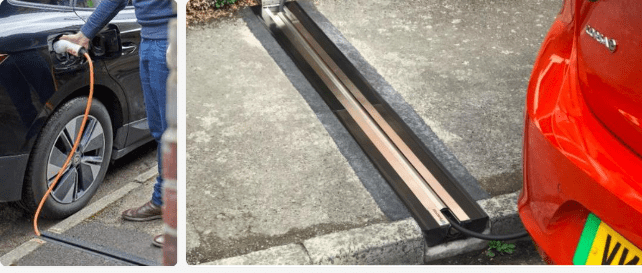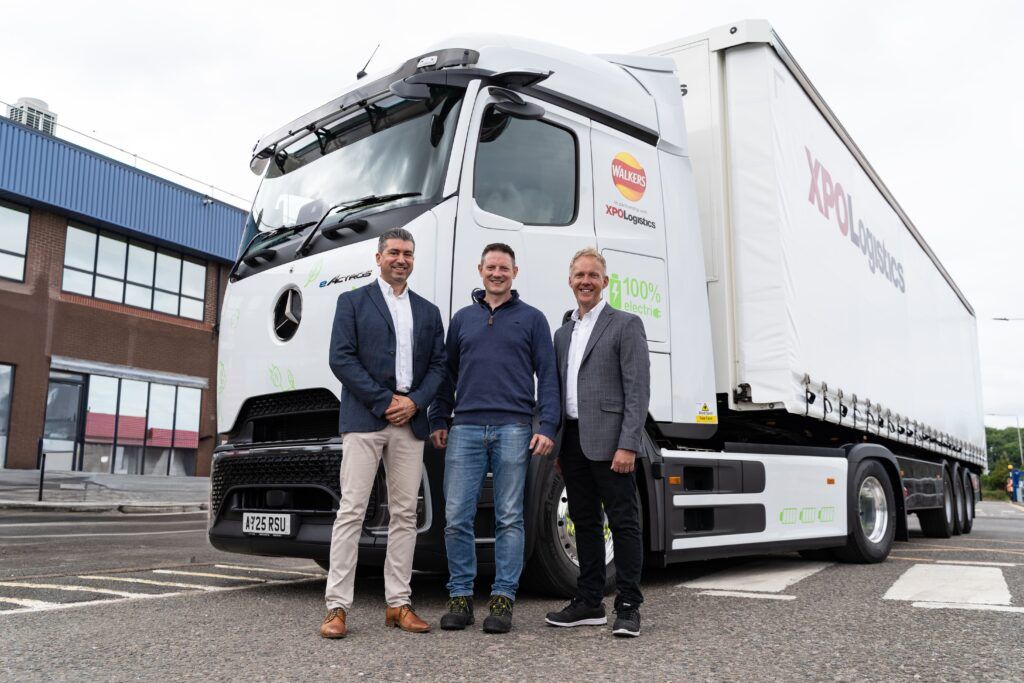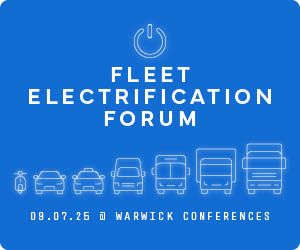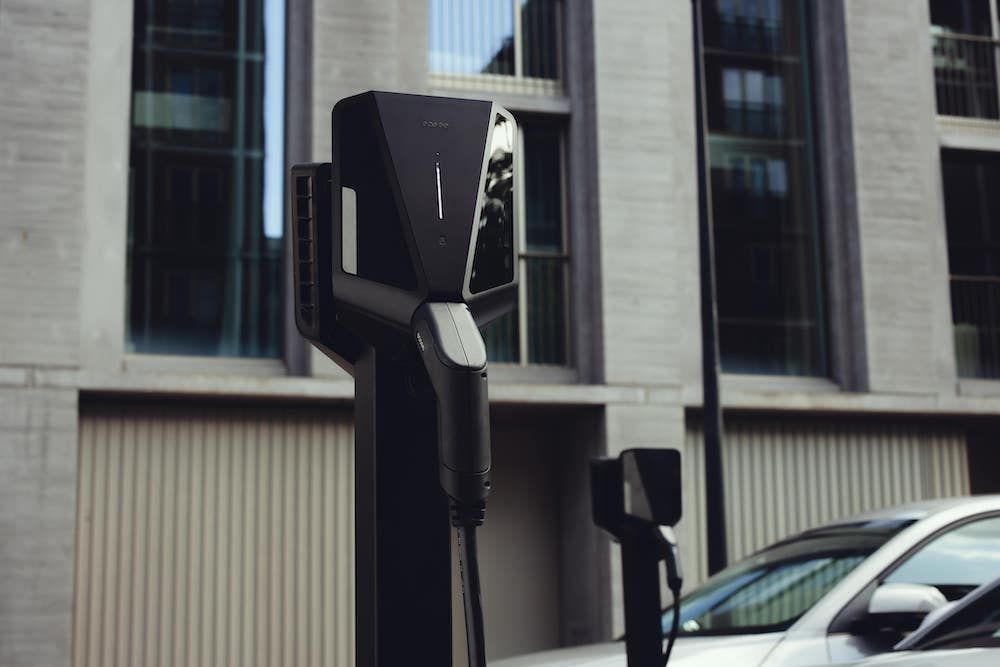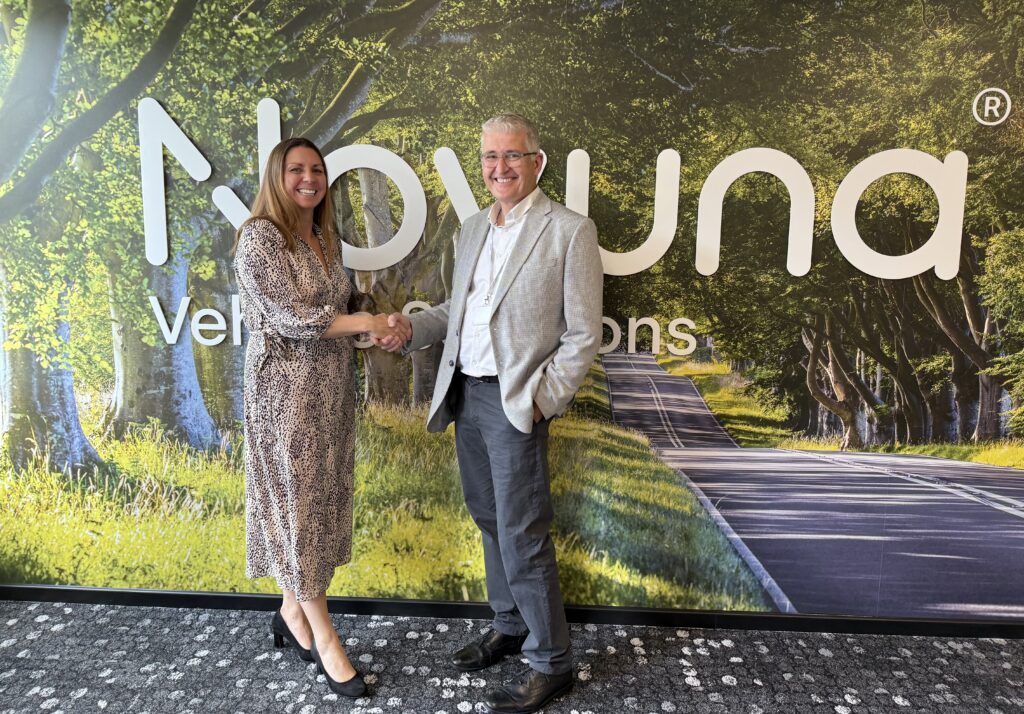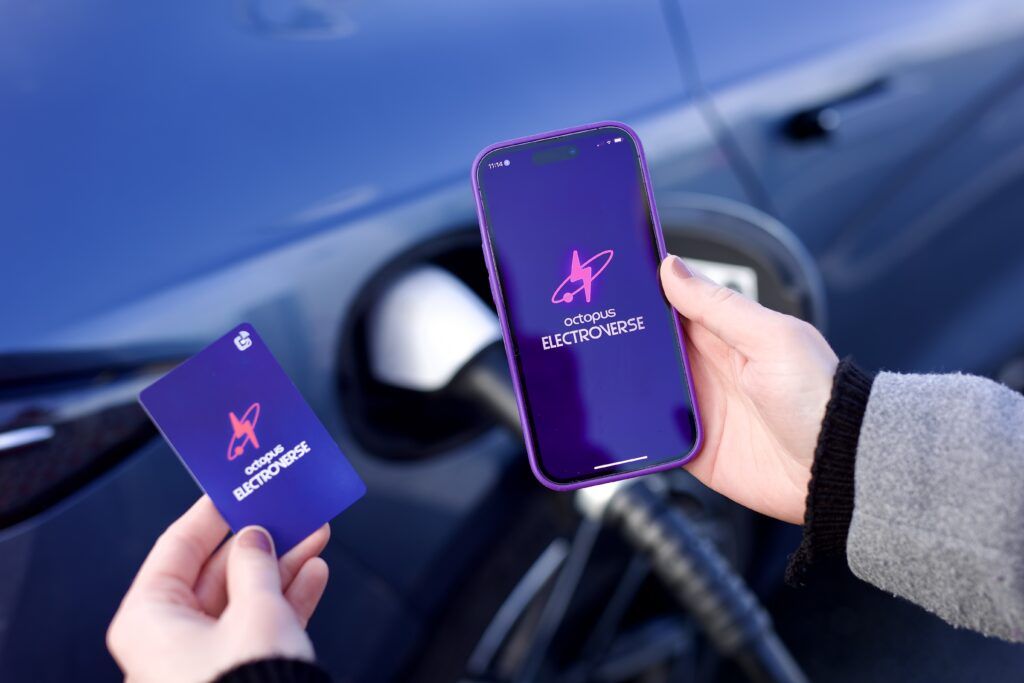Transport + Energy is carrying out a series of exclusive interviews with a number of guests appearing at this year’s ITT Hub event. This week, we catch up with Paul Jewell – System Development Manager at Western Power Distribution (WPD) – who will be speaking in the Energy Theatre Hub.
Q. What have Western Power Distribution done to reduce carbon emissions?
A. “WPD have a twin role in reducing carbon emissions, we need to provide the electricity network capacity to allow our customers to decarbonise their heating and transport whilst also setting an example ourselves as a large business. In the networks sphere we must predict changes in demand on our network and build a network to support those changes. This is a long term planning task as our assets have a 50 year life so we have already installed equipment that will be in place after 2050. When we uprate or alter our network we must take this long view, which also ties in with the Committee on Climate Change comment that utilities should “touch once for 2050”. In the business sphere we plan to achieve Net Zero operations by 2028 and have started replacing small and medium sized vans with EV alternatives. This will continue through the fleet as EV alternatives become available for our more specialised vehicles.”
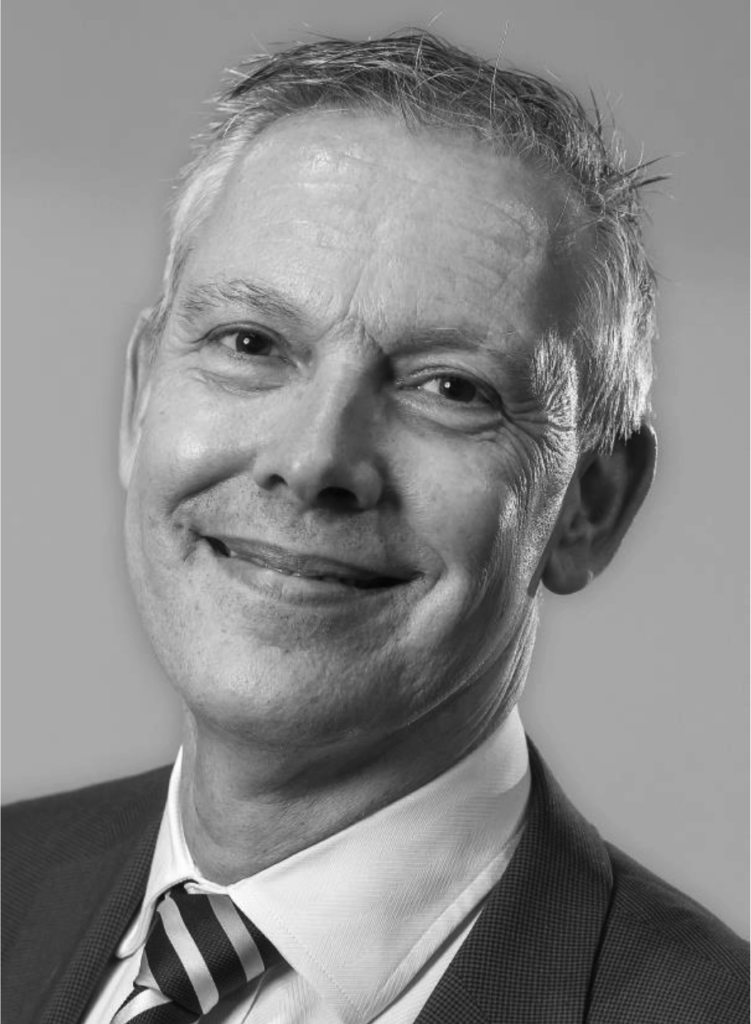
Q. What are some of the challenges ahead as networks aim to achieve ambitious targets?
A. “The scale of the shift to electricity is a challenge but also an opportunity. With the long asset life of networks, we have already started building a network that can support the targets that are set. Having a government set end date for the sale of ICE vehicles is a clear message that we can build into our future network plans, ensuring that we build the right network for our customers. The scale of individual change can become a challenge as, by 2030, combined EV and Heat Pump installations will be more than 1.6m per year across the UK. For WPD that translates to almost 2000 per day, we are changing our processes to allow that volume of applications whilst still developing a long term network.”
Q. How big a role can the impact of decarbonised transport have on climate change?
A. “Decarbonised transport is a key feature of the government’s plans for climate change. The original Carbon Plan set the decarbonisation of heating and transport as the main pathway to achieve carbon reduction and this focusses on our industry. Decarbonisation is achieved by switching transport and heating energy use to electricity which is supplied by renewable or low carbon generation. Whichever way you look at it, from demand connections through to renewable generation, the electricity industry is right in the middle of this change.”
Q. How do you ensure that networks are making the most of innovation to avoid costly reinforcement of existing or new infrastructure?
A. “A striking feature of the UK energy industry is that our innovation work is supported by the regulator. This support is made on the basis that all electricity companies openly share their research and findings and that we do not duplicate effort or research things twice. The portfolio of projects gives us all a great source of information and has prompted many changes, from the connection of renewable generation through to demand projects. One recent project, Take Charge, is showing how we can deliver an electricity connection to a motorway services to support EV charging – at the same size as we’d normally supply for a “small town”.”
Q. Why is it important for transport and energy professionals to work together to ensure the transition to cleaner forms of both happens at the required pace?
A. “Whilst the energy network is planning for the long term changes, it is very important for us to understand the short term drivers that will impact on our plans. The change to benefit in kind for company cars is one, where we are already seeing an increase in EVs driven by fleet purchases. We also want to understand innovation in transport to ensure our forecasts for larger vehicles are representative of what will be seen on our network.”
Q. What are you most looking forward to at this year’s ITT Hub event?
A. “Having an opportunity to bring the electricity industry into the world of transport.”
About ITT Hub 2022
ITT Hub is the annual meeting place for the commercial road transport sector, bringing together the latest innovation and technology for bus, coach, truck, van, last mile and autonomous vehicle fleets. The event is taking place from 11-12 May 2022 at Farnborough International.
With this sector set to revolutionise as the industry transitions to net zero, the need for collaboration, learning, networking and experiencing is more potent than ever.
ITT Hub provides a platform for showcasing the latest technology, equipment and services in the indoor and outdoor exhibition, learning and collaborating at the high profile Future Logistics conference and the opportunity to experience brand new vehicles in the Ride & Drive test routes.
Energy Theatre Hub 2022
This is the place where debate and discussion on transport issues will have energy running through the heart of them.
Three panel discussions each day with transport industry guests covering the latest topics affecting energy and infrastructure, including daily distribution sessions from National Grid and Western Power Distribution, who are acting as hub partners.
Transport + Energy will be hosting a number of the sessions over the two days of ITT Hub and can be found on Stand 1028 at the event. You can register to attend here.




